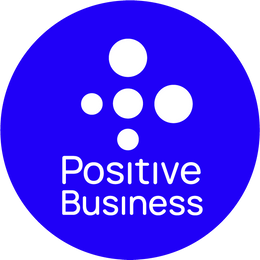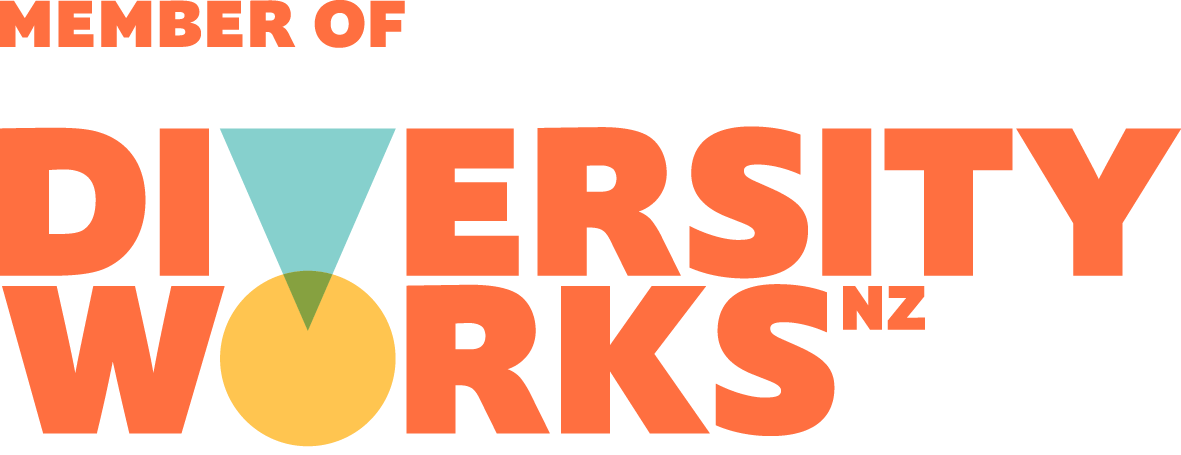To Get In, You Have to Stand Out
Job seekers > Job Seeker Resources
The prospect of winning that dream job is very exciting. You could be just the candidate the prospective employer is looking for, so it’s important they realise that.
Precise communication, a professional approach and ticking all the right boxes will help you make the best impression. Here are some guidelines to ensure you have the best chance of success.
Creating a Stand-Out CV
Writing your CV cover letter
- State the position you’re applying for and where you saw the position advertised.
- Outline your objectives.
- Detail how your skills and experience are suited to the position for which you are applying.
- Describe the qualities that you bring to the employer.
- Finish by reiterating why you want to work for the organisation and how your skills and expertise are suited to the position.
- Ensure that you advise your prospective employer of the best way to contact you and provide those contact details.
Writing Your CV
- Choose a layout that’s simple, clear and easy to read.
- Ensure the content is relevant to the role for which you are applying.
- Pay attention to the submission requirements, I.e. the file format they are asking for the document to be saved in.
- Don’t waste time with a cover sheet – instead, list your name and contact details at the top of the first page, making sure you have included a contact phone number.(preferably one with an appropriate voicemail message). Ensure your email address is a private one and that you check it regularly.
- You don’t need to include details such as age, marital status, religion or the names of your children.
- Use headings to separate your different areas of experience.
- Keep your content concise and informative.
- Use bullet points rather than sentences.
- Record your work history in chronological order – most recent job first – and include the dates you worked for each company (month and year).
- Under each role, include subheadings achievements and duties. Your CV is a sales pitch, you need to sell your successes!
- Keep it short – two to three pages is ideal.
- The level of education detail provided depends on how recent that qualification is. For school leavers, providing NCEA results may be appropriate but not necessary if you’ve been working for ten years.
- It is unnecessary to include referees' details – instead, state that referees are available. on request. Once you have secured an interview, you can then provide these details. It’s important to let your referees know which positions you have applied for so they’re fully prepared when contacted by a potential employer.
Job Interview Tips
To Do List to Prepare for Interview
Prepare for success. Do your homework on the organisation you are applying to work for:
- Visit the organisation’s website and view their mission statement, values, what they do, where they are located and research who their competitors are. Have there been any recent news articles about them? The more you know about the company the better.
- Prepare questions for the interviewer about the company and about the position by reading the job description.
- Try to anticipate the interviewer's questions and work out the correct responses.
- Plan to be at the interview at least 10 to 15 minutes early. Allow for unexpected traffic and parking difficulties. We recommend driving by the location before the interview so there are no surprises.
- Turn off your phone before entering the interview.
The Interview
The more preparation you do before the interview the more successful your interview will be.
- Greet your interviewer with a firm handshake and smile, and make eye contact.
- Be professional and speak clearly and confidently.
- Keep your answers relevant.
- Don’t just answer ‘yes’ or ‘no’; go into some detail and explain your answer.
- Listen attentively and show real interest in what the interviewer is saying.
- When the time is right, ask any questions that you may have about the position and the organisation.
- Always thank the interviewer for their time.
Personal Presentation
- Look smart and professional; first impressions count.
- It’s better to be overdressed than underdressed.
What to Avoid
- Avoid playing with your jewellery, your hair or looking at documents.
- Don’t interrupt the interviewer; always wait for the appropriate time to ask questions.
- Don’t be too casual in your responses.





